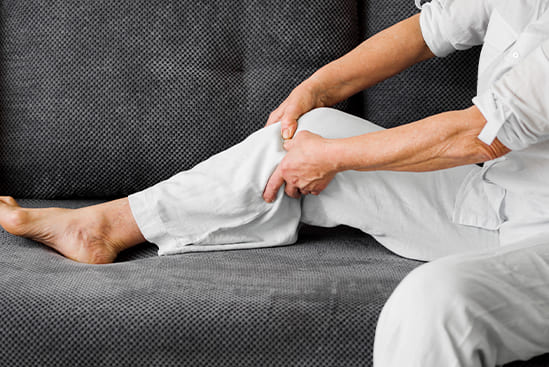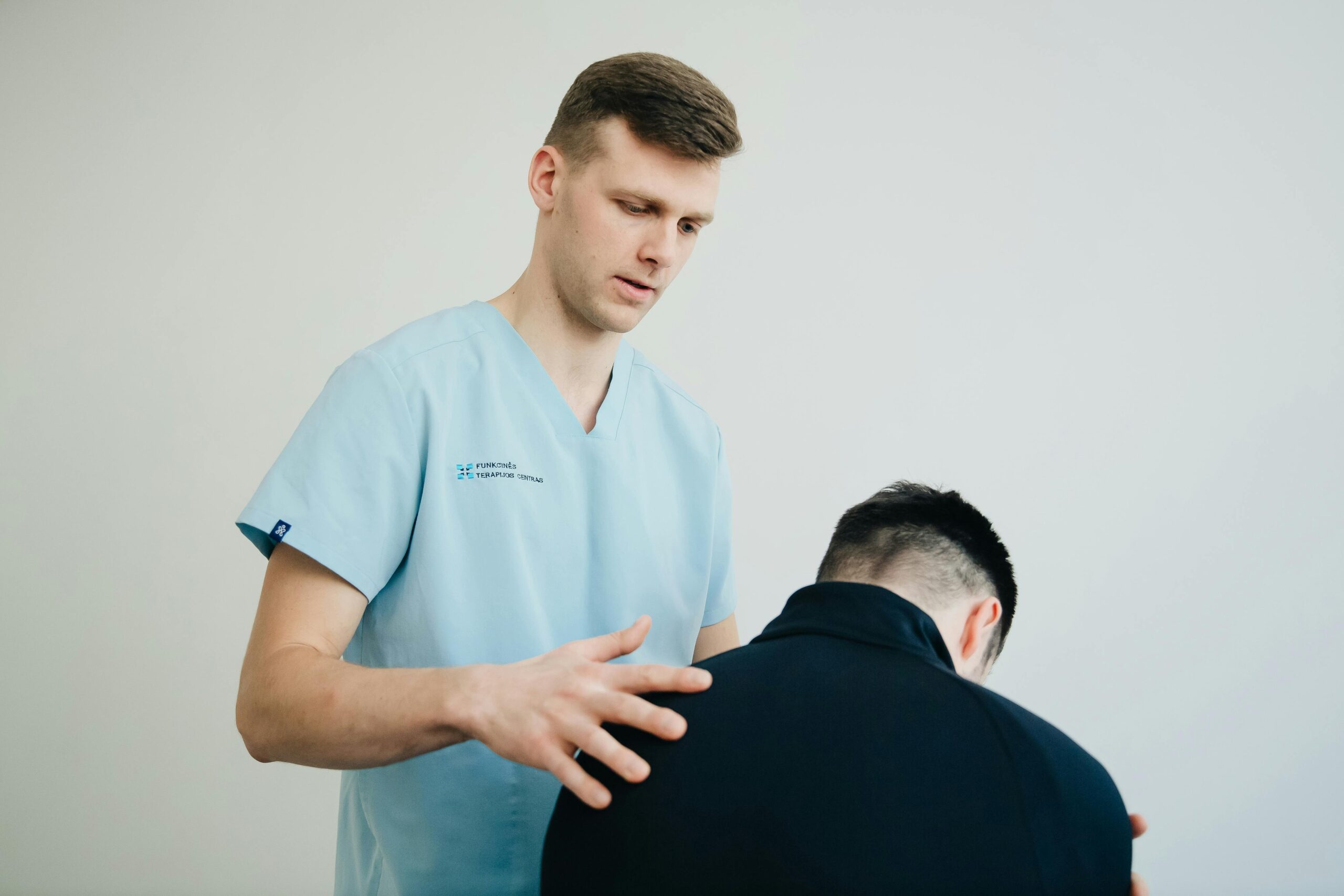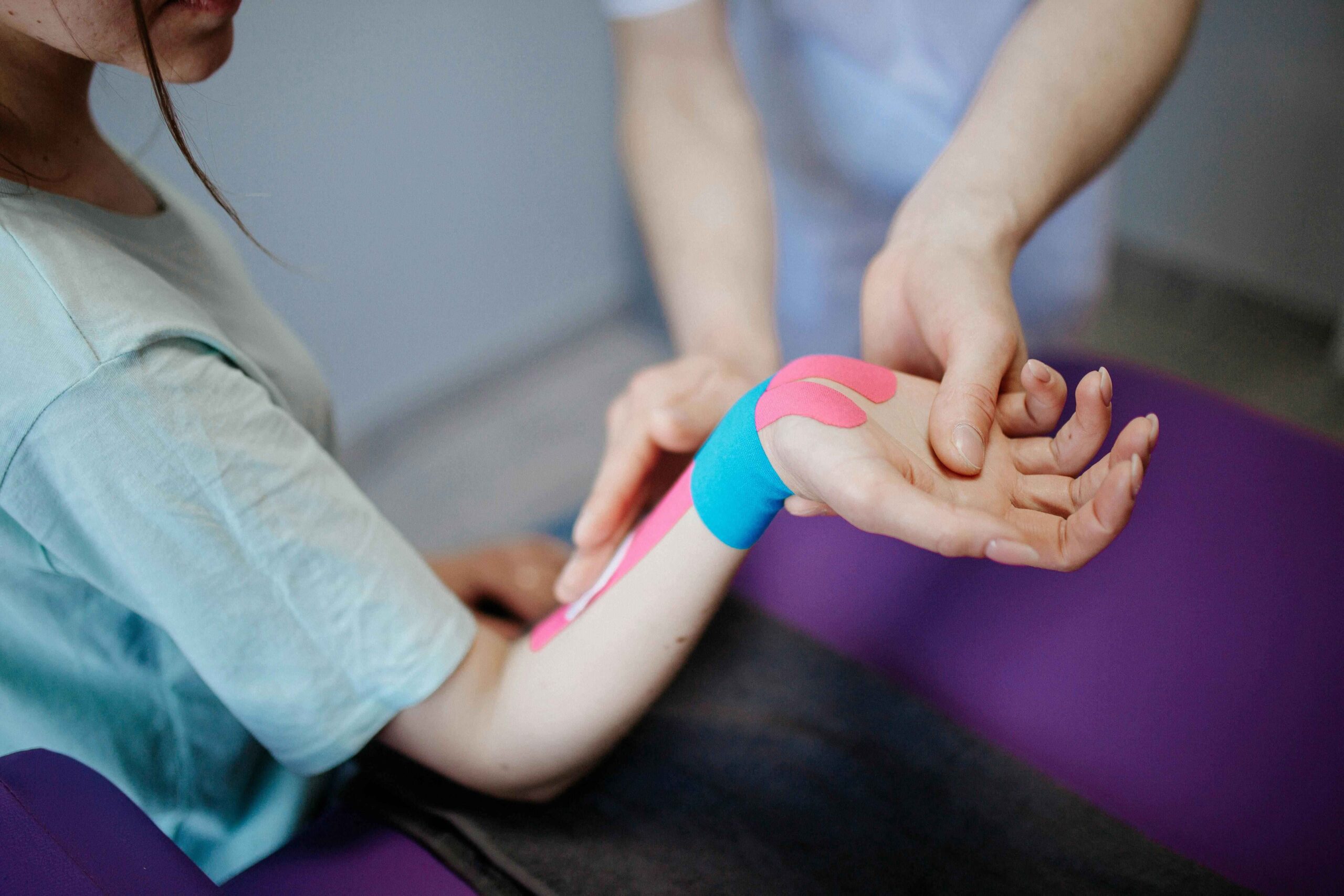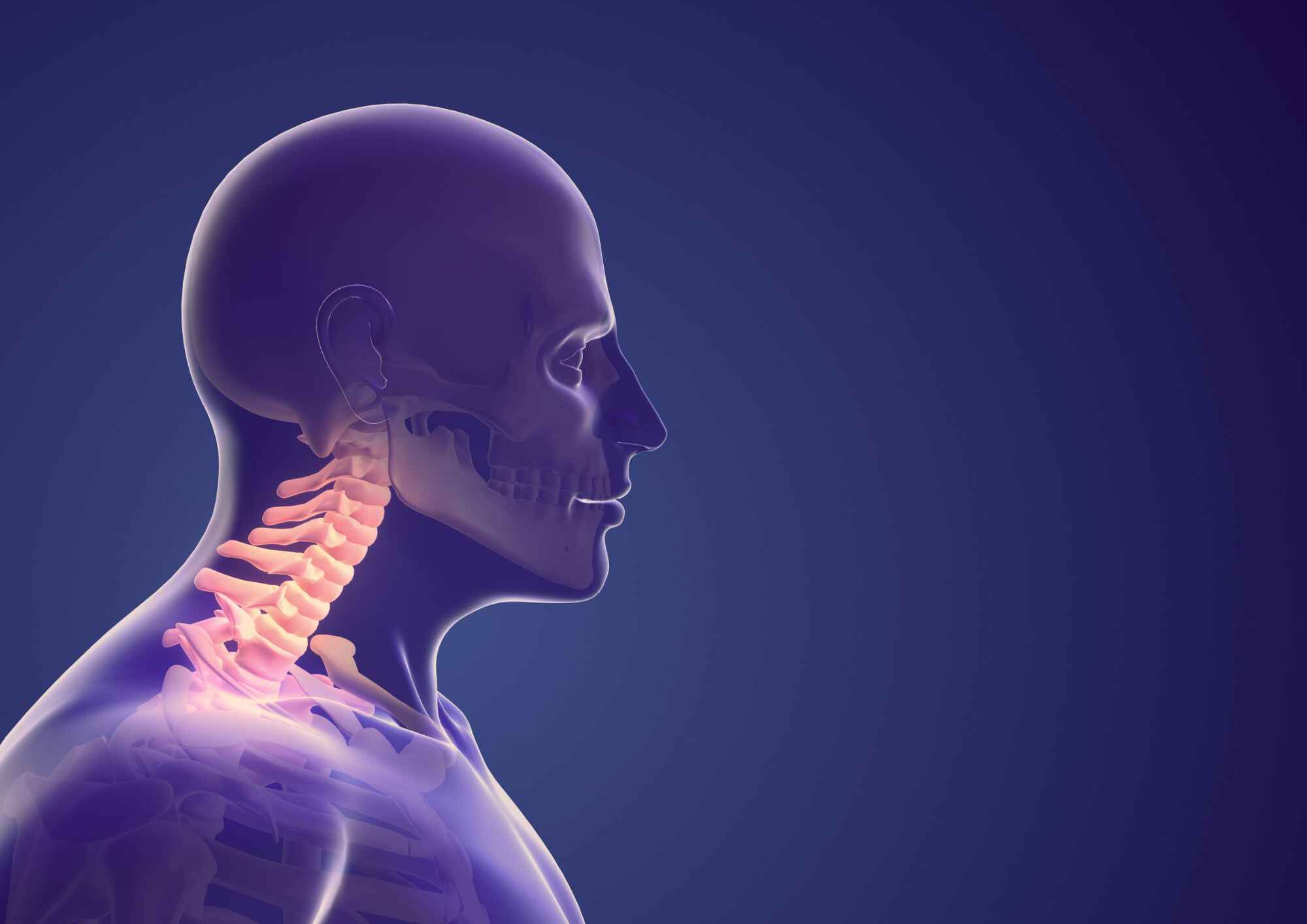

Introduction
Knee pain and sports injuries are becoming increasingly common among individuals of all backgrounds, ranging from dedicated office workers and casual weekend runners to elite competitive athletes. Whether your discomfort stems from sudden trauma, repetitive overuse, or poor movement patterns, these issues can significantly restrict your daily activities and performance. This is where Synapse Physiotherapy makes a profound difference through our patient-centred treatment plans, designed to restore your mobility with comfort and precision according to your needs. Rather than just managing symptoms, we shape each recovery journey with intentional pacing and modern rehabilitation techniques that allow you to return to the activities you love. Seeking professional physiotherapy Kuala Lumpur services early is the most effective way to ensure a safe and sustainable recovery.
Understanding the Complexity of Knee Injuries
The knee joint is one of the most complex and heavily loaded structures within the human body. Its ability to function smoothly depends on a delicate balance of muscles, ligaments, cartilage, and precise structural alignment. Because the knee bears so much weight during movement, it is highly susceptible to various forms of stress.
Knee pain often arises from sudden injuries, such as a fall or a sports-related collision, but it can also develop gradually due to muscle imbalances or degenerative changes like early osteoarthritis. In the context of sports, the risk of injury increases significantly during activities that involve rapid changes in direction, jumping, or high-impact contact. Without intervention from a physiotherapy Kuala Lumpur specialist, even minor discomfort can evolve into a chronic, long-term problem that affects your quality of life.
Why Professional Physiotherapy is Essential for Recovery
Specialised physiotherapy Kuala Lumpur does not simply mask pain with temporary fixes; it addresses the underlying root cause of the injury. Unlike passive rest or reliance on medication, professional rehabilitation focuses on restoring strength, mobility, and confidence in your body’s ability to move.
By choosing Synapse Physiotherapy, patients benefit from an approach that emphasises:
- Accurate Biomechanical Assessment: Evaluating how your body moves to identify weaknesses.
- Individualised Treatment: Tailoring recovery plans to your specific lifestyle and goals.
- Active Rehabilitation: Moving beyond rest to engage in strengthening exercises.
- Patient Education: Learning how to move correctly to prevent the injury from returning.
This comprehensive strategy ensures that recovery is not only faster but also more sustainable over the long term.
Common Knee Conditions Managed in Kuala Lumpur
The professional team at clinics in the city regularly treat a diverse array of conditions. Understanding your specific diagnosis is the first step toward effective treatment through physiotherapy Kuala Lumpur.
1. Ligament Tears and Sprains (ACL, MCL, LCL)
Sports involving hasty movement and sudden stops often lead to ligament injuries. Expert physiotherapy is vital both as a conservative treatment and as part of pre- and post-surgical rehabilitation to restore stability and neuromuscular control. According to an article on ACL recovery published by Healthline, the healing timeline for an ACL tear can be extensive, making the early stages of rehabilitation crucial for managing swelling and restoring basic range of motion.
2. Meniscus Injuries
A torn meniscus can cause the knee to lock, swell, or feel unstable. Targeted physiotherapy helps to reduce these symptoms while improving the overall mechanics of the knee joint.
3. Runner’s Knee (Patellofemoral Pain Syndrome)
Common among runners, this condition is often linked to muscle imbalances in the hips and knees. Treatment typically focuses on correcting training errors and improving movement patterns through Ankle & Sport Injury Physiotherapy techniques.
4. Tendon Injuries
Conditions like Patellar Tendinopathy require a carefully graded loading program. A physiotherapist guides you through progressive strengthening to ensure the tendon heals without being further aggravated.
What to Expect During Your Rehabilitation
When you visit a high-quality clinic for physiotherapy Kuala Lumpur, your journey begins with a thorough assessment that looks beyond the knee itself. Our professional team examines the entire movement chain—including your hips, ankles, posture, and walking mechanics—to see how they influence your knee health.
Typical treatment plans include a combination of:
- Manual Therapy: Hands-on techniques to improve joint and soft tissue mobility.
- Specific Strengthening: Exercises designed to bolster the muscles supporting the knee.
- Balance Training: Improving proprioception to prevent future falls or twists.
- Activity-Specific Drills: Progressing your exercises to match the demands of your daily life or sport.
The Benefits of Early Intervention
Delaying treatment can lead to secondary issues such as joint stiffness, muscle wasting, and altered walking patterns that cause pain elsewhere in the body. Many individuals wait until their pain is severe before seeking physiotherapy Kuala Lumpur, which can make the eventual treatment more complex. Early intervention is beneficial because it helps to:
- Control inflammation and swelling immediately.
- Maintain joint mobility before stiffness sets in.
- Prevent compensatory injuries in the opposite leg or back.
- Significantly shorten the overall time required for recovery.
Physiotherapy for Non-Athletes and Office Workers
You do not need to be a professional athlete to require physiotherapy Kuala Lumpur. In fact, sedentary lifestyle factors often contribute to chronic knee issues. Office workers frequently experience pain due to prolonged sitting, poor posture, and weak supporting muscles. Whether you are dealing with degenerative changes related to age or pain from a physically demanding job, physiotherapy can be tailored to suit your lifestyle. The aim is to provide realistic, achievable exercises that help you manage symptoms effectively while continuing your daily routine.
Long-Term Joint Health and Prevention
One of the most valuable components of physiotherapy Kuala Lumpur is education. At Synapse Physiotherapy, we empower patients with the knowledge to protect their joints for years to come. This includes guidance on proper warm-up routines, ergonomic adjustments for your workspace, and how to safely progress your activity levels. By investing in expert care, you experience benefits that extend far beyond the treatment room, including improved movement efficiency and a significant increase in your confidence to stay active.
Frequently Asked Questions
1. How many sessions of physiotherapy will I need for my knee pain?
The number of sessions varies depending on the severity of the injury and how long the symptoms have been present. Your physiotherapist will provide a clear timeline after a comprehensive initial assessment.
2. Can physiotherapy help me avoid knee surgery?
In many cases, yes. Strengthening the muscles around the knee and improving joint mechanics can resolve many issues. However, if surgery is necessary, physiotherapy is essential for pre-surgical preparation and post-surgical recovery.
3. Is physiotherapy only for sports-related injuries?
No, physiotherapy is highly effective for age-related wear and tear, postural issues, and pain resulting from daily activities or office-based work.
4. What should I wear to my physiotherapy session?
It is best to wear comfortable, loose-fitting clothing or athletic gear that allows the physiotherapist to easily examine your knee and movement patterns during the assessment.
5. Will the exercises be painful?
Physiotherapy aims to manage pain, not increase it. While some exercises may be challenging, your therapist will guide you through progressive loading to ensure you are working within a safe and productive range.
Conclusion
Knee pain and sports injuries do not have to limit your potential or your lifestyle. Through expert care, structured rehabilitation, and personalised guidance, a full recovery is an achievable goal. Synapse Physiotherapy provides the solutions required to move safely, perform at your best, and prevent future injuries. Whether you are an athlete looking to return to the field or an individual aiming to walk without discomfort, our dedicated team is here to support you. So don’t wait for the pain to worsen. Take the first step toward lasting health today booking a consultation with our team to start your journey towards a pain-free life.
Tags :

Back & Neck Pain
- Spine & Core Rehabilitation
- Strength & Conditioning Programme
- Pain Management
- Biomechanical Assessment
- Sports Physiotherapy
- Group Class

Sports Injuries
- Strength & Conditioning Programme
- Pain Management
- Biomechanical Assessment
- Sports Physiotherapy
- Shockwave Therapy
- Group Class

Work Desk Injuries

Pre-Post-Surgical Conditions

Scoliosis & Postural Abnormalities

Neurological Conditions

Osteoarthritis & Rheumatism
Joint degeneration and inflammation happens as the human body grows older, but that does not mean our way of life degenerates as well. Relief your joint pains with a joint effort together with your physiotherapist, who will provide pain-relief treatments and prescribe exercises for your wellbeing.

Conditions Relating To Elderly
Common conditions in the older age population include hips & knee pain, back & neck pain, osteoarthritis, rheumatism, fear of falling and many more. Aging and degeneration of bodily function is inevitable, but here at Synapse, we will help you live the best of your life.










